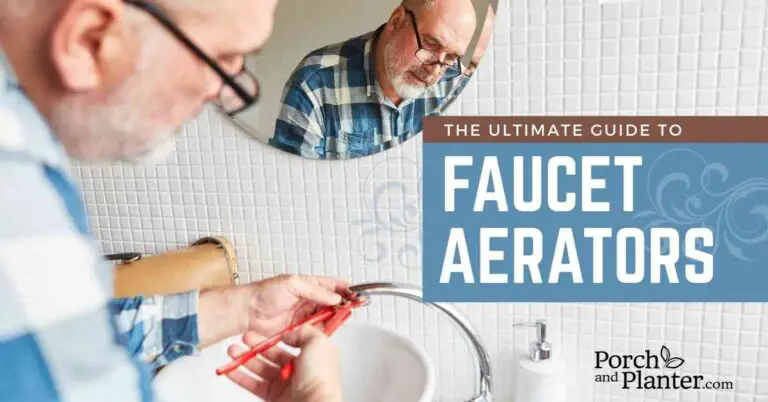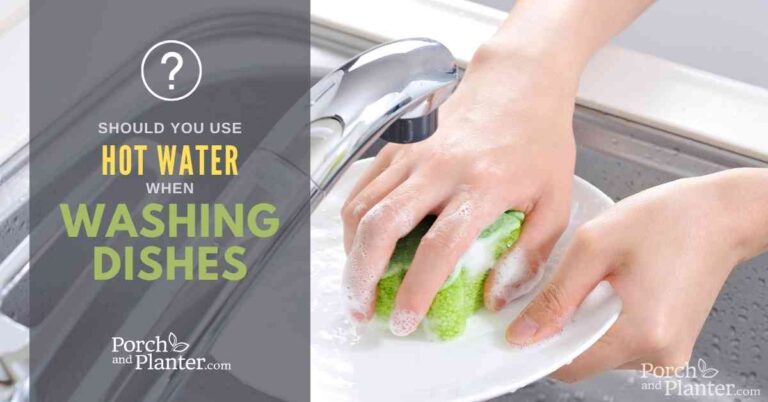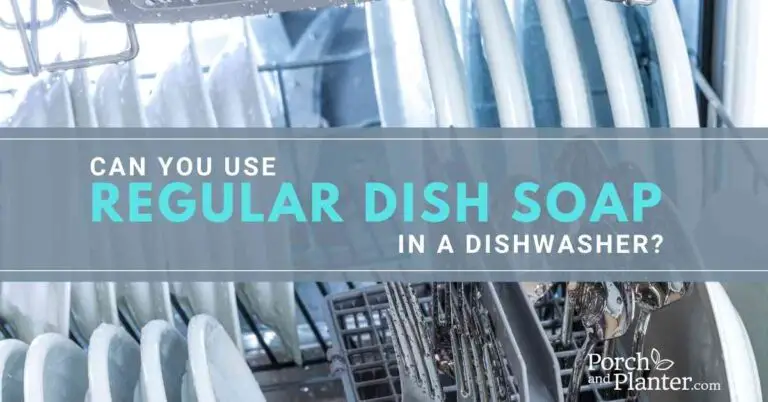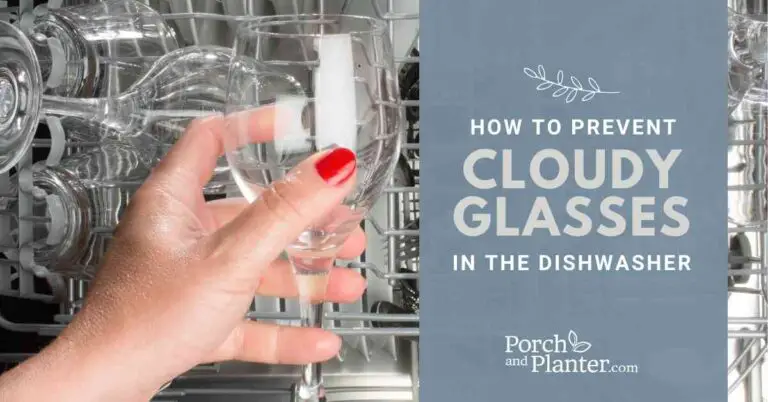What is the Best Faucet Finish for Hard Water?
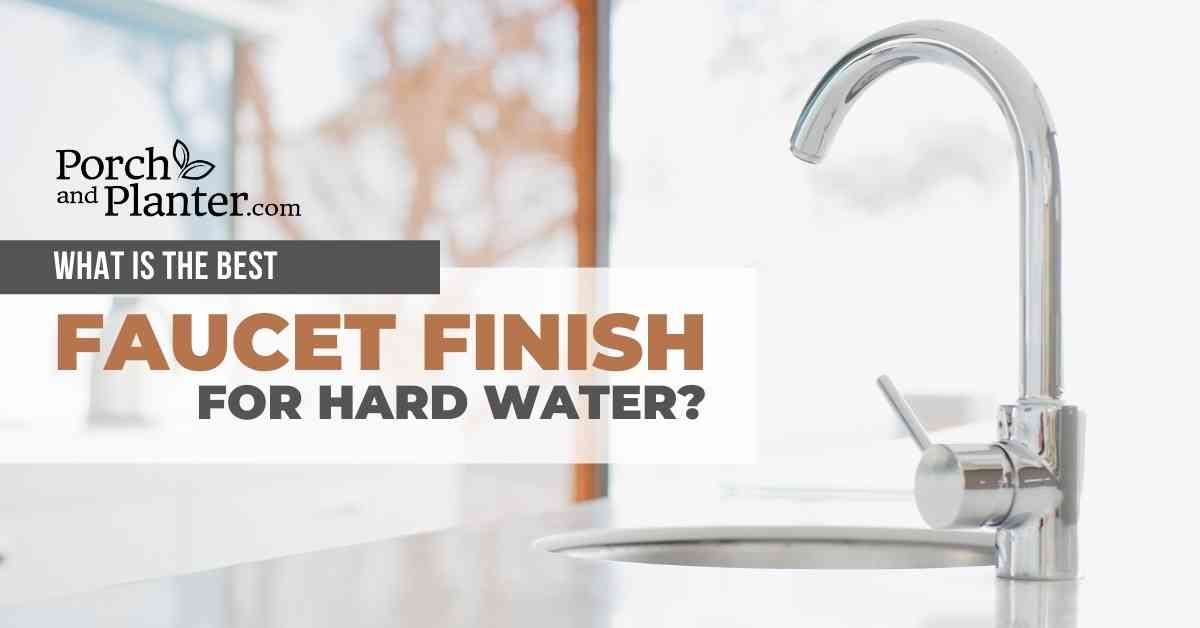
Hard water is a problem that many people have to deal with. If you live in an area where the tap water contains high levels of minerals, your faucets will be covered in calcium and limescale over time. This can make them look dirty and unattractive. But what should you do?
We’ll explore six different options for faucet finishes — stainless steel, nickel, chrome, bronze, brass, and copper — and discuss the pros and cons of using them when you have hard water.
The Best Faucet Finish for Hard Water
The best faucet finish for hard water is stainless steel. A brushed finish will help hide any hard water buildup because it’s a matte finish. You can also go for a polished finish, which is harder to hide water stains on, but is easier to wipe down. Stainless steel is also the most durable faucet finish you can find, so it’ll hold up well for years to come.
Tips for choosing a faucet finish if you have hard water
- Brushed finishes hide hard water stains and water spots better than polished finishes.
- Blended finishes are more likely to show hard water spotting or staining
- The faucet doesn’t necessarily have to match your cabinet hardware. Don’t be afraid to make a statement!
Why is a Brushed Finish good for hard water?
A brushed finish on a faucet is good for hard water because it will hide the hard water stains and make the faucet look cleaner. It’s also more durable than certain finishes which means that it will withstand the acidity of mineral-rich water better. Brushed finishes are ideal for those that don’t want to have to wipe down their faucet frequently to ensure there are no water spots.
Why is a Polished Finish good for hard water?
A polished finish on a faucet is good for hard water because its smooth surface makes it really easy to clean. However, while polished finishes are easy to wipe down, you’ll have to do it frequently to prevent hard water buildup from causing water spots. This can make this finish less appealing for those that don’t want to have to do this every day.
Pros and Cons of a Stainless Steel Faucet when you have hard water
Stainless steel is a great choice for resisting corrosion. It’s also easy to keep clean and will maintain its surface finish well without any extra long-term care or maintenance. Stainless steel faucets are perfect for kitchens because they’re durable enough to withstand the rigorous demands of cooking foods like onions and garlic that have strong odors and can corrode other finishes.
The only downside is that they can be a little too shiny for some people’s tastes if you don’t get a brushed finish, and may not fit with the aesthetic of your kitchen as well as other faucet materials like chrome or bronze.
Pros and Cons of a Nickel Faucet when you have hard water
Nickel is a cheaper option that will also resist corrosion from hard water. It’s not as durable or resistant to wear and tear because it has a more porous surface, but for those who want the look of stainless steel without the price tag then nickel could be your best bet.
Nickel finishes will be more susceptible to wear because it has a more porous surface that is easier for dirt, hard water minerals, or products containing calcium carbonate (like lime) to get caught up in. This means they’ll need additional care when cleaning compared to stainless steel or solid brass.
Pros and Cons of a Chrome Faucet when you have hard water
Chrome is another excellent option for kitchens because it’s easy to clean and maintain. It can also be an excellent choice for bathrooms because of its resistance to corrosion by hard water, which is perfect if you use a lot of soaps or shampoos that have strong scents in your bathroom. And while chrome may not look as nice on the outside as stainless steel, many people prefer the look of chrome over stainless steel because it’s shinier and more eye-catching.
The downside with chrome is that while the finish can withstand some corrosion, it also doesn’t age well as time goes on. So if you want something to last for a long time, this might not be the best option for your home.
Pros and Cons of a Bronze Faucet when you have hard water
Bronze is the third choice for faucets in an area where there are high levels of minerals in the tap water. It’s similar to stainless steel and chrome, but with less shine than both of them. They also age well over time, so if you want something that will last for a long time, this is the best choice.
Bronze faucets are also great in kitchens because they have a higher corrosion resistance than stainless steel or chrome, so you don’t need to worry about them being damaged over time by acidic residue as much as some other finishes.
Oil rubbed bronze finishes look great, however, harsh cleaners like bleach can damage the finish, so make sure to use gentle cleaners.
Pros and Cons of a Brass Faucet when you have hard water
Brass is the most affordable option for faucets if you’re living in a hard water area. It’s not as durable and resistant to wear or tear, but it will also age well over time so if longevity is what you’re looking for then brass might be your best bet!
Brass can also look beautiful in your kitchen because it has a darker color that matches well with stainless steel if you want to go all out and get everything matching in your kitchen! However, since it’s not as shiny or resistant to wear like chrome or bronze are, this might not be the best option if you’re looking for a faucet that will last forever.
Pros and Cons of a Copper Faucet when you have hard water
Copper is the most expensive option for faucets, but it’s a beautiful finish and makes a statement for any kitchen faucet or bathroom faucet!
The downside with copper, however, is that if you have hard water in your house then this might not be a good choice. Copper can corrode and pit, which means it will start to look worse as the years go by.
Conclusion
In conclusion, the best faucet finish to have in an area with hard water is going to be stainless steel. If you’re not a fan of shiny finishes or want something more upscale that will last as long as possible, then bronze would also be a good choice. Chrome should only be used if you don’t mind a shiny finish.
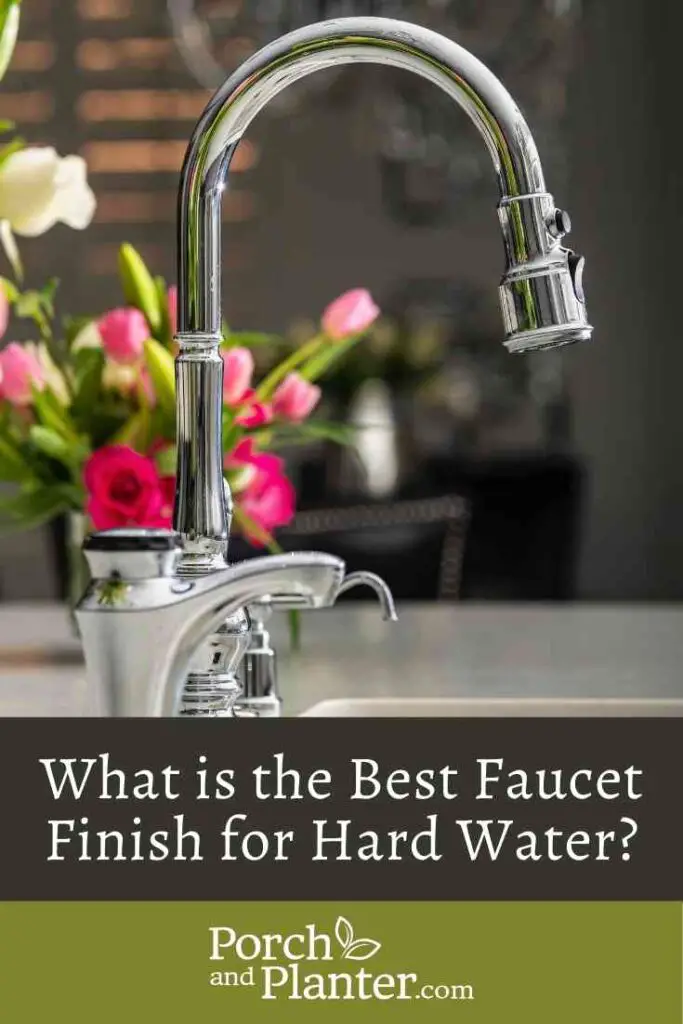

![Is It Worth It to Replace a Refrigerator Compressor? [ANSWERED]](https://porchandplanter.com/wp-content/uploads/2021/09/worth-it-to-replace-refrigerator-compressor-768x402.jpg)
